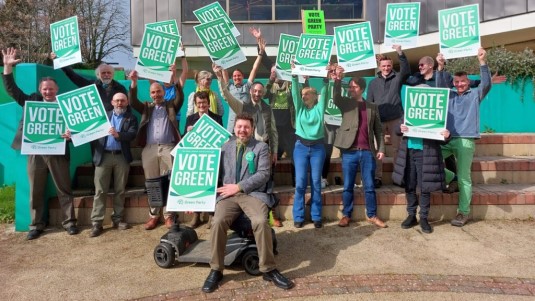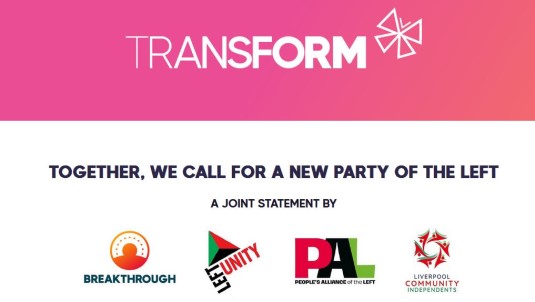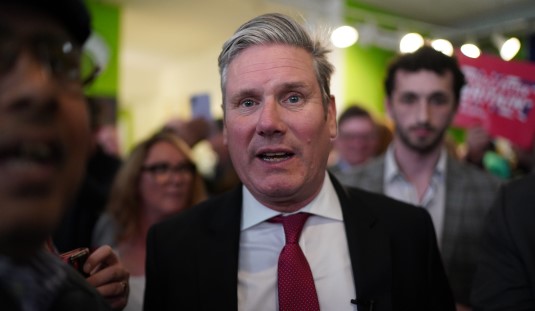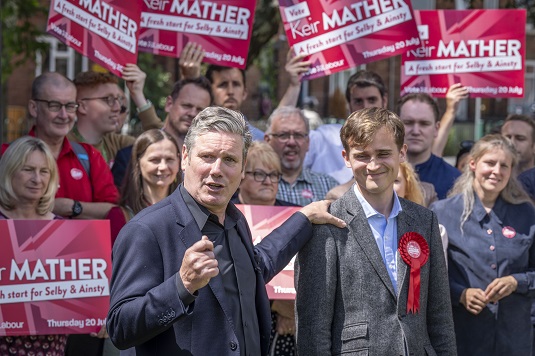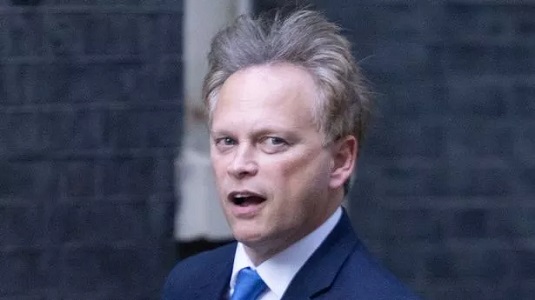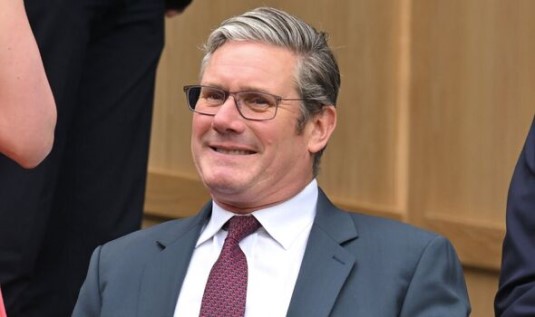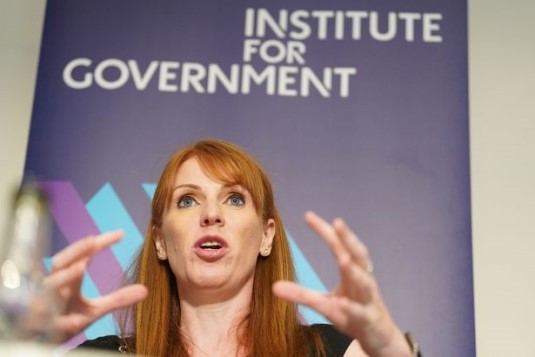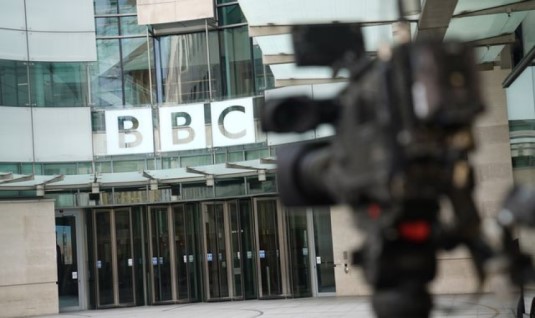
Quite apart from the idiocy of explicitly associating the Tory party with the vast scale of social murder, ecocide, and destruction climate breakdown is starting to wreak, going hard on fossil fuel extraction makes little sense at first glance. Sunak's announcement wouldn't do the share prices of the two UK-based oil giants much harm as per tradition, but there doesn't seem to be much in this for anyone. After 40 years of sucking it up from under the sea bed, chances of finding billions more barrels of oil and cubic metres of gas are vanishingly slight. Gas production is at the level last seen in the mid-1980s and you'd have to go back to the late 70s to see oil pumping at a rate this low. With very little left, is is far more costly to extract than throwing up wind turbines and plastering roofs with solar panels. As the UK has an (undeserved) reputation for being a global leader on environmental matters, what is to be gained from frittering away this useful bit of soft power? Sadly, it aids the PR machines of BP and Shell as they go about the world prospecting away. If the UK thinks its okay to start drilling again, then what's to stop countries who discover fresh oil and gas reserves from exploiting them - with the handy assistance of the aforementioned companies, of course. It weakens the global push and moral force against fossil fuels and therefore emissions, and that suits the oil giants just fine.
This is where carbon capture and storage comes in. As a technology it is unproven. Doling research monies out to CCS is not bad in and of itself. As part of a decarbonisation effort it is worth thinking about what difference it can make to current CO2 levels, but it absolutely should not be PR for yet more exploration and exploitation in the manner Sunak employed it today. But that is exactly what the technology has been so far - political technology with no tangible results, apart greenwashing oil companies' business-as-usual.
As per the habits of the Tories, it's the politics that are driving the economics. After their motorists' manifesto, they're exploiting an opportunity Labour gifted them. After back-pedalling on the green new deal, Keir Starmer panicked and said Labour would honour existing exploration licences once it entered government. Talk about looking a gift horse in the mouth. Because of cowardice, ineptitude, and the unwillingness/inability to field a political argument the Tories have sprung a political trap on Starmer and now, if he sticks to his promise, "green" Labour could oversee a greater expansion of North Sea drilling than anything seen during the Tory years. And, undoubtedly, once in opposition the Conservatives will make great hay of Labour missing its decarbonisation targets. Some nice point scoring for Sunak there, but as part of the mass appeal the Tories are hoping promises about energy security and lower bills (which won't be the consequence of more North Sea drilling) gives them another wedge to drive between Labour and its support.
Rest assured, tit's not going to work. After the Uxbridge by-election, the Tories think going heavy on cars, oil, and rubbishing what a former leader dubbed "the green crap" will see their electoral parts-per-million climb faster than atmospheric carbon. They are very badly mistaken. The overwhelming message taken by millions of people from their crazed doubling down on fossil fuels is that the Tories don't care about the planet, that they're reckless or in denial, and they represent an existential threat to our civilisation. Not exactly the perception a party wanting to win a general election should be inviting.
Image Credit

